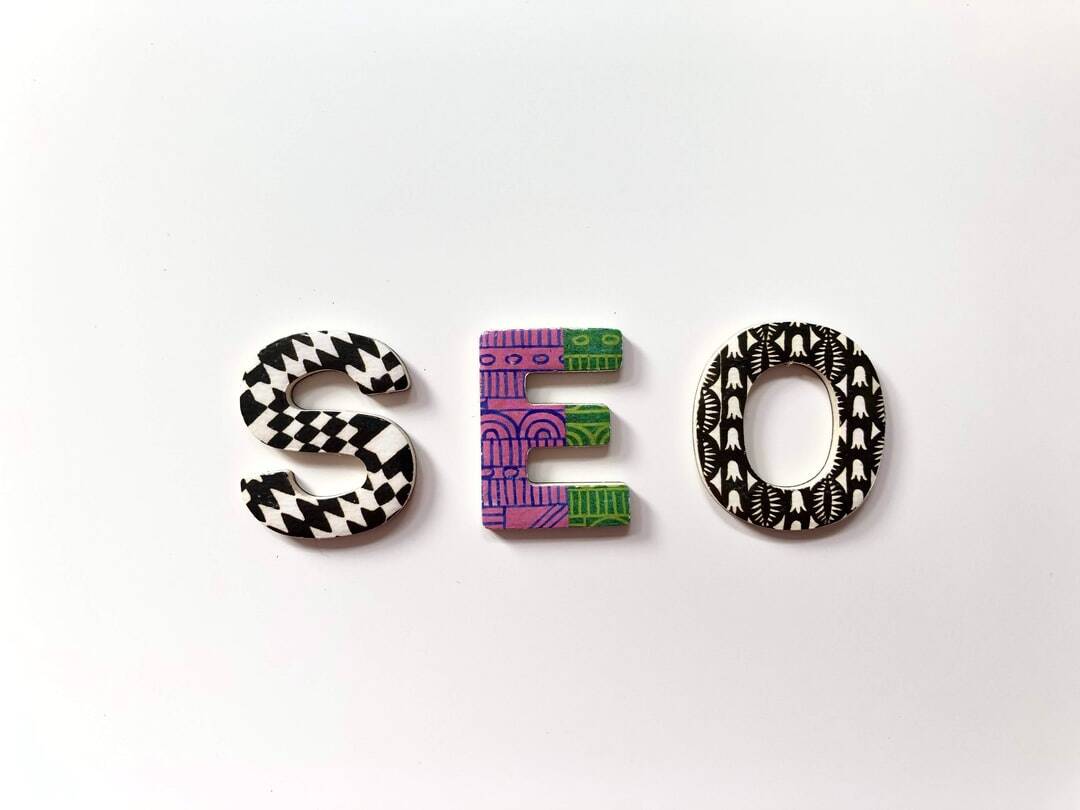
SEO is a mysterious, highly technical topic to many in the marketing space. In our Definitive Guide to SEO series, we aim to demystify SEO and provide practical, actionable ways you can improve your search engine rankings with minimal technical skill.
In this chapter, we’re going to learn all about what SEO is, where it comes from, and how it’s coordinated with popular Google tools. This guide to SEO is aimed at beginners to novices, and by the end, you’ll have a strong understanding of SEO that should enable you to improve your marketing efforts considerably.
To start, SEO stands for Search Engine Optimization, which is the process of creating and implementing a strategy to improve your website’s ranking in search engine results pages (or SERPs for short). There are several ways in which search engine optimization is accomplished: on-page optimization, off-page optimization, and content marketing. We’ll talk more about each of these in future chapters.
Simply put, SEO is an integral part of any company’s digital marketing strategy because it drives more traffic to your site. It’s all about figuring out what people are looking for on the internet, what answers they’re looking for, and what keywords or phrases they are using. In that way, it’s both a science and an art.
What Are Search Engine Results Pages?
The SERP is the page that displays results in a search engine for a particular keyword or phrase typed into the search box. These listings are ordered based on what has been deemed most relevant over time.
PPC (Pay-Per-Click) ads show up as paid listings at the top, to the right, or below the page, depending on the amount of money advertisers choose to spend. Google AdWords is one example of a PPC platform where businesses can buy ad space.
Many companies invest quite heavily into SEO, so their website appears higher up in organic rankings. It’s an important part of any marketing strategy since it helps you emulate the results of paid advertisement without the per-click spend. That said, putting all of your eggs in one basket is something to be wary of: Google and other search engines change their search ranking algorithm quite often, so your spot at the top of the page today is not necessarily guaranteed for life.
Therefore, although getting to the top of the SERP is important, most marketers recommend employing a balanced strategy that includes SEO, PPC, and other, non-digital marketing methods.
Why is SEO important?
In today’s world, having an understanding of SEO is essential for the success of any content marketing efforts. When people search online, that means they’re looking for information to help them solve a problem or need now. If there are no results from your business, then you’re missing out on a perfectly positioned, highly-willing-to-buy segment of your audience.
That’s where having blog posts and articles showing up in organic rankings comes into play: this shows people who may not be familiar with your brand beforehand that your business exists and provides value. In addition, this will improve their trust in your brand and increase the likelihood that they choose to go with your product or service.
How Google Helps Guide Your SEO
Search engines like Google have a complicated set of factors they use to determine where to rank a website. SEO professionals have slowly ‘decoded’ these factors over the course of the last two decades in an attempt to improve the rankings of their websites. Today, things like keywords, meta tags, and images are commonly understood factors that Google uses to choose who to display at the top of the SERPs. These factors are called on-page optimizations.
Search engines also look at links from other websites back to your own website to indicate that yours has been deemed “authoritative” or valuable enough to be linked to, which means more traffic and higher rankings. These factors are called off-page optimizations.
Google continuously makes changes to how much weight each signal holds in determining the rankings of a website. Therefore, SEO professionals must keep up to date with trends and updates that the search engine makes to understand how their own strategies need to be adjusted to continue ranking well. This is called staying “Google-compliant.”
What is Google Search Central?

Google Search Central (formerly Webmaster) is a toolset provided by Google which shows how your website appears to their search engine.
You can see what keywords or phrases brought people to your site, where they came from (organic searches vs. paid ads), and which pages provided value to your visitors because these kept them on your site longer than others.
Google Search Central also allows you to see how your website performs, how you can improve user experience, and which pages are not performing well. Our team highly recommends using Google Search Central as early as possible to both understand and improve the rankings of your website.
Final Words
This ends chapter one on our Definitive Guide to SEO. Stay tuned for the second chapter, where we’ll go even deeper into how search engines work, as well as talk about some specific ranking factors!
If this guide to SEO was helpful, please make sure to visit Our website DBWebs for more information on building your website and maximizing the quality of your SEO.






